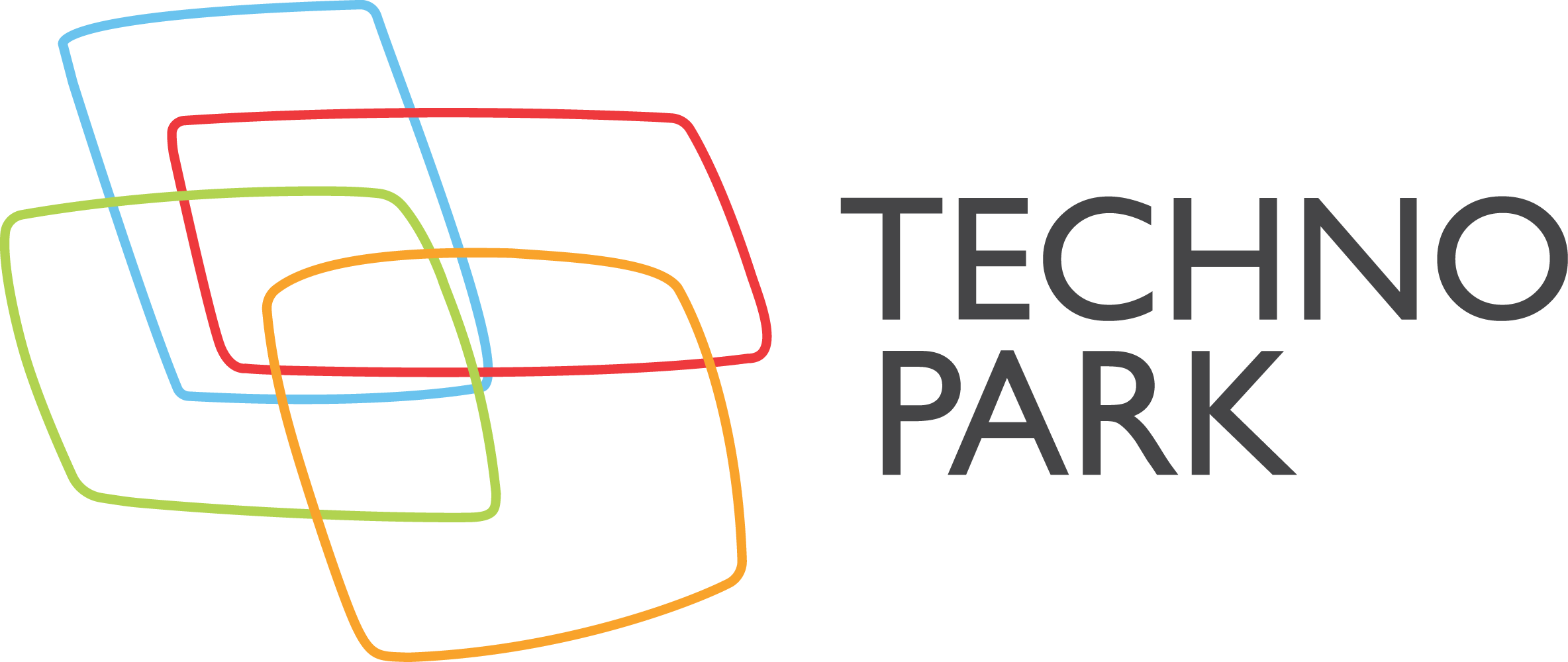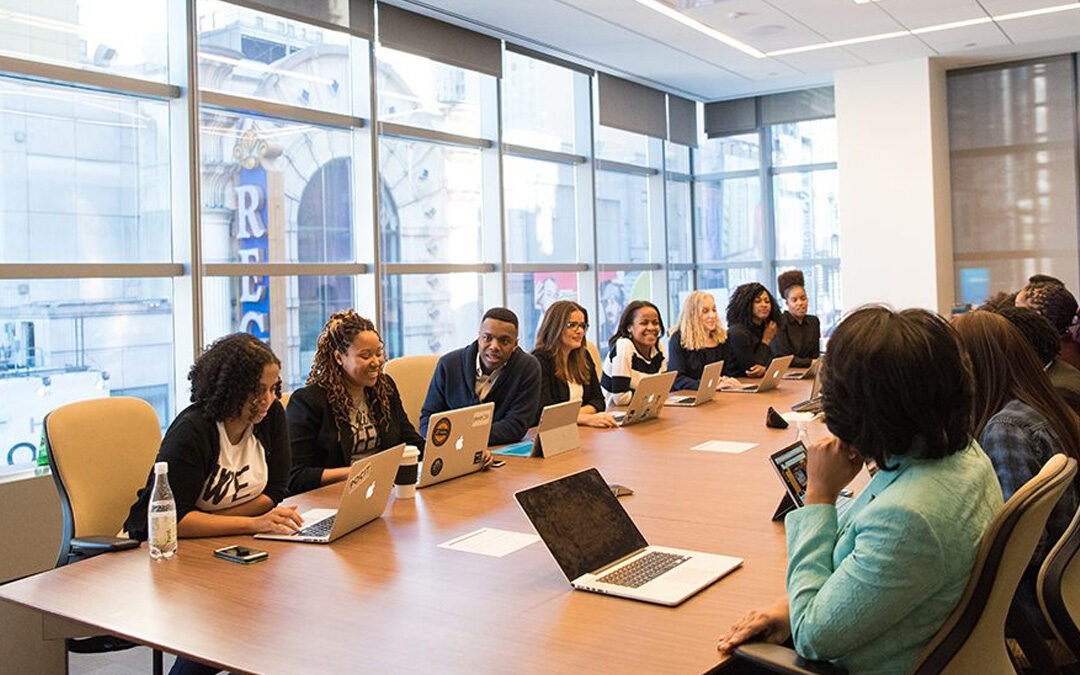The topic of diversity, equity and inclusion in the workplace is becoming ever more important across the globe. While South African employers are far too familiar with the rhetoric related to compliance and B-BBEE, the promotion of DEI in the workplace more often than not remains a compliance-based numbers game. In order to understand how DEI can drive business growth, we spoke to Terry Oakley-Smith, a pioneer in the field of DEI in South Africa and founder and CEO of the change management agency Diversi-T.
Setting the stage
Diversity, equity and inclusion (DEI) is at the top of many organisations’ agendas, in both private and public sectors across the world. When we think about DEI we can, however, quickly default to framing the discussion around race and gender. Especially in the South African context, there is often too much focus on diversity as a compliance-driven numbers game, rather than an interrelated concept that has a definitive strategic advantage. In order to gain a better understanding of the topic, we spoke to the acclaimed change management consultant Terry Oakley-Smith.
Terry is a diversity expert with over 25 years of experience in the cultural change and diversity sphere, with a key focus on eradicating discrimination. A pioneer in the field, she is well-known for her successful diversity and inclusion programmes run within the South African business landscape. She is a master facilitator, experienced consultant, and founder of Diversi-T, one of South Africa’s foremost Diversity and Inclusion Agencies. In the wake of COVID-19 in 2020, she also launched her new Diversity in the Workplace e-learning platform as a solution to provide companies with a cost-effective and easy-to-use diversity training programme that can be accessed from anywhere.
Technopark: What is meant by diversity, equity and inclusion, and are they interchangeable concepts?
Terry Oakley-Smith: While diversity, equity and inclusion are three interconnected concepts, they are far from interchangeable.
Diversity relates to acknowledging the fact that society is made up of people from a range of social and ethnic backgrounds and of different genders, sexual orientations and physical abilities. When we talk about diversity, especially in South Africa, it often comes to represent a numbers game related to race and gender. However, diversity applies to all manner of individual and group differences that are often ignored or misunderstood when we think only in terms of black and white. It is important to understand that the broad notion of diversity does not exist by itself. In South Africa people often think they have incredible diversity, but they fall short on the inclusion part. In other words, diversity cannot stand alone in a context of effecting positive change, and must be linked to inclusivity and equity.
Inclusivity relates to the practice or policy of providing equal access to opportunities and resources for people who might otherwise be excluded or marginalised. An organisation, for example, can maintain a diverse representation of people, but if the environment isn’t accessible to everyone, then you won’t get the benefits of diversity.
Finally, equity relates to the idea of the quality of being fair and impartial. People often confuse equity with equality. Equality refers to the state of being equal, especially in status, rights, or opportunities. Equity, on the other hand, recognises and accepts the differences between people and then strives to treat them fairly in relation to one another in order to bring out their best qualities.
Technopark: Why is DEI important for South African businesses?
Terry Oakley-Smith: DEI in the workplace speaks to a programme of not only accepting and celebrating all the ways in which people differ in a workplace, but the drive to create a safe, inclusive and equitable environment where all this diversity works together in a fair and inclusive manner.
In South Africa, there has been two main drivers for DEI in the workplace. The first is the moral obligation or the notion that “it is the right thing to do”. The second relates to compliance. The Employment Equity Act was the first act that Mandela’s government passed. The main focus is to redress past inequalities through legislation that ensures all employees receive equal opportunities and are treated fairly by their employers. While the Employment Equity Act has brought the idea of DEI into the workplace through administration, the most prominent transformation legislation in South Africa has been Broad-Based Black Economic Empowerment (B-BBEE) Codes of Good Practice.
The B-BBEE Codes consist of five core elements, each aiming to drive inclusive growth:
- Ownership;
- Management control (which includes employment equity, and is seen as a measure of workplace diversity);
- Skills development;
- Enterprise development;
- Socio-economic development.
A company achieves a transformation level according to their scoring on these elements. In my opinion, and the numbers speak for themselves, both the moral obligation and the compliance-driven approaches have fallen short in South Africa. Compliance has brought about a situation where companies choose to address ‘easier-to-obtain’ points, while neglecting to truly address the diversity of their workplaces and moreover falling short of inclusivity and equity. So while there is a clear benefit to prioritise DEI in the workplace for your B-BBEE score, it can miss the main point – DEI is good for business, plain and simple.
Technopark: So, what is the strategic advantage of DEI for one’s business?
Terry Oakley-Smith: The strategic advantage of DEI, on the one hand, lies the deeper trust and commitment you earn from your employees when they feel safe and included in a workplace. Not only are employees more likely to stay when they have a sense of belonging, they are also more willing to work for the good of the company and go the extra mile. On the other hand, tapping into diversity means you are able to tap into a diverse pool of knowledge, skills and world perspectives. There is real business value for linking DEI to your corporate strategy apart from compliance and your B-BBEE score card. The benefits to your company include:
- higher revenues,
- a greater readiness to innovate,
- tapping into a diverse talent pool,
- higher employee retention, and
- less need to invest time and money into unwanted conflict management.
Technopark: What steps can a business take to address diversity, equity and inclusion?
Terry Oakley-Smith: When you think about your organisation, you have to ask yourself: do all my employees, regardless of who they are or what they do for the business, feel equally involved in and supported in all areas of the workplace? Does DEI play a role in all your departments and practices, from recruiting to leadership and decision-making?
The first thing an organisation needs to do is take a look at itself and ask the hard questions from the perspective of not only diversity, but also inclusivity and equity. This needs to be done from two perspectives – internal and external.
Internally, companies should look at the distribution of difference across all levels of their organisation. This is especially important at higher levels in areas of management, leadership and decision-making. You may employ 70% women at your organisation, but if the leadership consists of only men, then you are already seeing problems. Moreover, you need to get a real understanding of how employees feel at your organisation. Do they feel equally involved, and do they feel empowered? When the DEI engine is firing on all cylinders, the organisation moves together as a cohesive unit. When we look at our external practices we should evaluate our recruiting practices on the one hand, and what actions we take to create opportunities beyond the confines of our organisation, on the other.
On another level, effective DEI demands that managers are trained to deal with diversity and are attuned to inclusivity and equity. DEI does not help unless it is managed properly. This is even more evident in our current work-from-home and hybrid work situations. Employees may differ in the means they have to do work at home, at what hours they are able to be productive and, moreover, whether their jobs can continue remotely compared to other colleagues who can more easily function fluidly between office and home. It is important for managers to be attentive and sensitive. Managers and leaders that are trained to be empathic are in this sense better equipped to get the best out of their workers. Workers that feel included and supported are better equipped to offer real value to their employers.
Technopark: What does your company, Diversi-T do?
Terry Oakley-Smith: Diversi-T gets brought into the fold when real problems have been identified or complaints emerge from within the organisation.
When we work with a client, we first do a survey to get a good picture of the diversity issues. We then suggest interventions on the basis of our findings. Such interventions may include:
- Mentorship for leaders
- Management diversity interventions
- General diversity and inclusion workshops for all employees
DEI is more than an obligation, it makes business sense
DEI is an important subject in boardrooms across the world. A 2019 Deloitte study found that global chief executive officers (CEOs) rated inequality, diversity and the environment as the most important challenges to overcome for success. In South Africa, despite around 60% of companies achieving a compliant B-BBEE status in 2016/17, the pace of workplace diversity has proved to be slow. As Deloitte’s research shows:
- Out of 26 255 South African companies that were researched in 2017, merely 11% of top management were Black African whereas around 62% were White.
- Of the 277 Johannesburg Stock Exchange (JSE) listed companies in 2017, only 19.1% of directors and 29.5% of executive managers were women.
- 45 of the 277 listed companies had no female directors on their boards.
It is evident that South Africa still struggles with true transformation in the workplace. According to Oakley-Smith, DEI as a concept, when integrated throughout your organisation, can drive business growth and development. The solution is a perspective shift – away from one that sees diversity as related to compliance, to one that sees diversity, inclusivity and equity as a key strategic business goal.
Want to learn more about DEI in the workplace? Visit Diversi-T for an experienced and tested approach.

